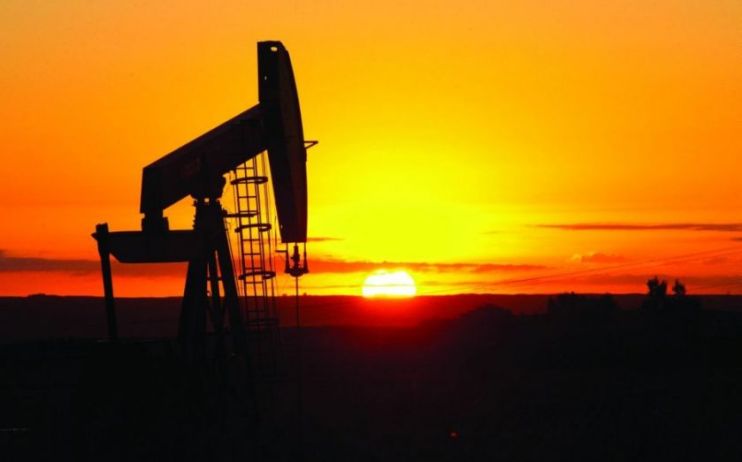Oil prices rise amid escalating unrest in OPEC+ producer Kazakhstan

Oil prices have risen on both major benchmarks today, following escalating unrest in OPEC+ oil producer Kazakhstan and supply outages Libya.
Brent Crude futures rose 1.31 per cent to $81.86 per barrel while WTI soared 1.84 per cent to $79.28 by Thursday evening, the highest prices recorded since mid-November.
Security forces came into conflict with anti-government rioters in Almaty, the country’s largest city, after protests were sparked by a doubling in the cost of liquefied petroleum gas (LPG).
Dozens of anti-government rioters have reportedly been killed, while 12 members of the security forces have also been reported dead with a further 353 injured.
A police spokesperson told the BBC they moved in after protesters tried to take control of police stations in the city, a police spokeswoman said.
Russia is now sending in troops at the request of the Kazakh president.
Commerzbank told Reuters: “The political situation in Kazakhstan is becoming increasingly tense, and this is a country that is currently producing 1.6 million barrels of oil per day.”
So far, there are no indications that oil production has been affected.
Meanwhile, Lbyan oil output is at 729,000 bpd, the National Oil Corporation said on Thursday.
This is down from a high of more than 1.3 million bpd last year, owing to maintenance and oilfield shutdowns.
Benchmark prices have continued to rally despite a surge in US fuel stocks last week and a dipping demand following the nationwide spread of the Omicron variant.
While US crude oil stockpiles fell last week, gasoline inventories surged by more than 10m barrels.
This is the biggest weekly build since April 2020, as supplies backed up at refineries because of reduced fuel demand and declining air travel.
OPEC+, which includes both the Organization of the Petroleum Exporting Countries and allies such as Russia, agreed on Tuesday to add another 400,000 bpd of supply in February, as it has done each month since August.
However, it is unclear whether OPEC+ will reach these production targets as capacity constraints that are limiting supply as global demand recovers from the pandemic.
In an investors note, analysts JP Morgan forecast Brent prices to average at $88 a barrel in 2022, up from $70 last year.
Meanwhile, the world’s top oil exporter, Saudi Arabia, cut the official selling price for all grades of crude it sells to Asia in February by at least $1 a barrel, three sources with knowledge of the matter said on Thursday.